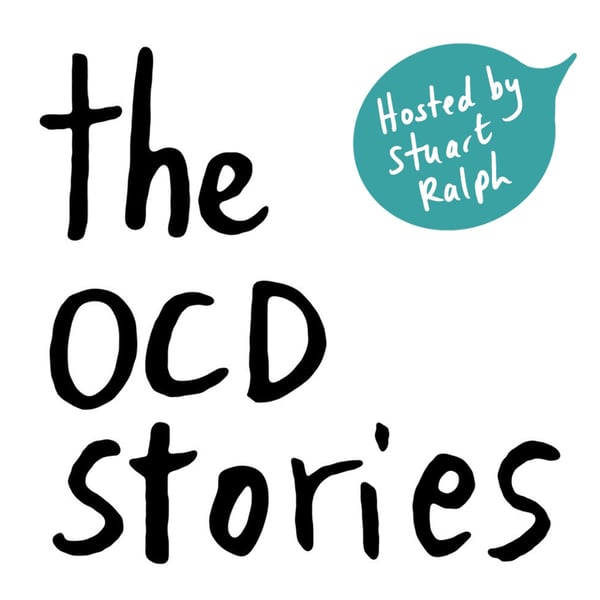Donald Robertson - OCD, and Stoicism (Ep64)
The OCD Stories
Stuart
4.8 • 873 Ratings
🗓️ 24 March 2017
⏱️ 71 minutes
🧾️ Download transcript
Summary
In episode 64 of the podcast I interview Donald Robertson. Donald is a therapist and author. We talk about the origins of CBT, stoicism and OCD recovery. Donald shares some great advice. Hope it helps!
This podcast is also brought to you by nOCD: http://go.treatmyocd.com/theocdstories
Show notes: http://theocdstories.com/podcast/donald-robertson-ocd-and-stoicism
To your success,
Stuart and The OCD Stories team
Transcript
Click on a timestamp to play from that location
| 0:00.0 | Hey guys and welcome to episode 64 of the OCD stories |
| 0:03.4 | com podcast. |
| 0:05.0 | Now in this episode I interviewed Donald Robertson. |
| 0:08.0 | Donald is a psychotherapist working within CBT and helping people with anxiety. Now he has treated people with |
| 0:16.8 | O. C. D. Before, primarily it's around anxiety. But I wanted to get him on because his kind of specialism is in Stoicism, which is a type of philosophy. |
| 0:27.0 | It's a practical philosophy and a philosophy some 2,000 years ago. People like Marcus Aurelius, if you've seen the film Gladiator, you'll |
| 0:36.5 | be familiar with him or Seneca and arguably Albert Ellis, Albert Ellis, who created originally REBT, |
| 0:46.2 | which became, evolved into CBT, |
| 0:50.6 | was heavily influenced by Stoicism. |
| 0:53.0 | And there's a quote by Epictetus, |
| 0:55.0 | which goes something along the lines of |
| 0:58.0 | people aren't disturbed by things themselves, |
| 1:02.0 | they're disturbed by how they see those things. |
| 1:05.0 | And that's really the core of CBT is kind of changing the cognition and how you look at things. |
| 1:10.0 | It's not necessarily the things themselves, it's how we are perceiving the things. And I also like Stoicism |
| 1:16.7 | because I think it heavily links into exposure response prevention therapy and |
| 1:20.5 | Donald highlights this in the interview. |
| 1:24.0 | For example, Seneca, I believe it's Seneca, |
| 1:28.0 | but he said Donald does actually correct me in this, |
| 1:30.0 | but I recorded the episode a few weeks ago so I forgot if it was |
| 1:34.1 | Seneca of Socrates let's go with Seneca and what Seneca used to do was |
| 1:39.6 | every let's say few months so to get past the fear of caring what other people |
... |
Please login to see the full transcript.
Disclaimer: The podcast and artwork embedded on this page are from Stuart, and are the property of its owner and not affiliated with or endorsed by Tapesearch.
Generated transcripts are the property of Stuart and are distributed freely under the Fair Use doctrine. Transcripts generated by Tapesearch are not guaranteed to be accurate.
Copyright © Tapesearch 2025.

